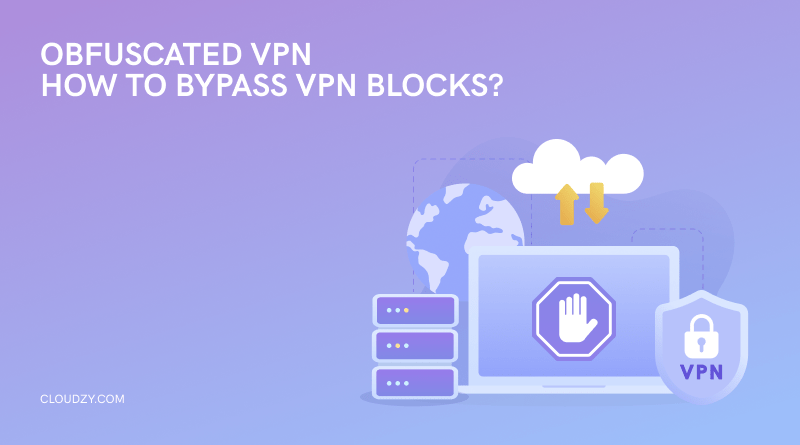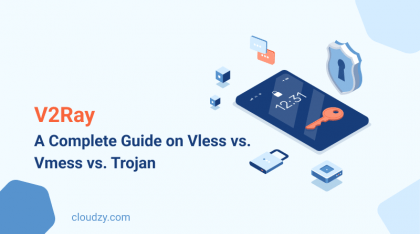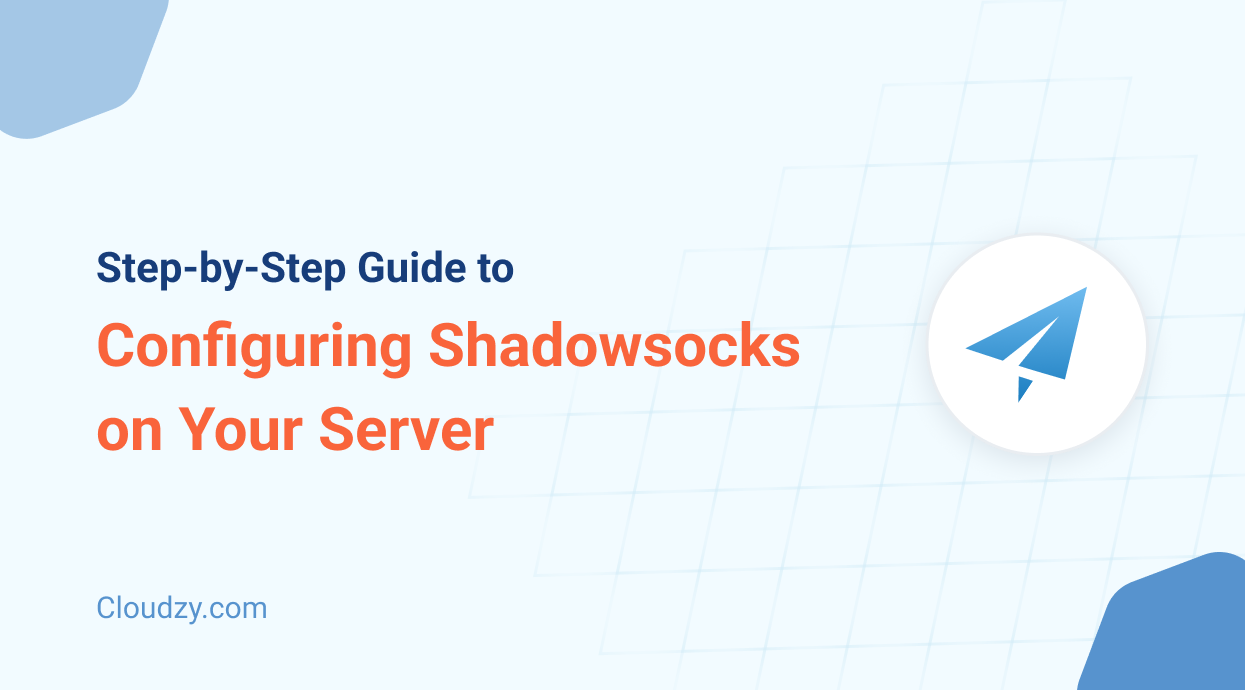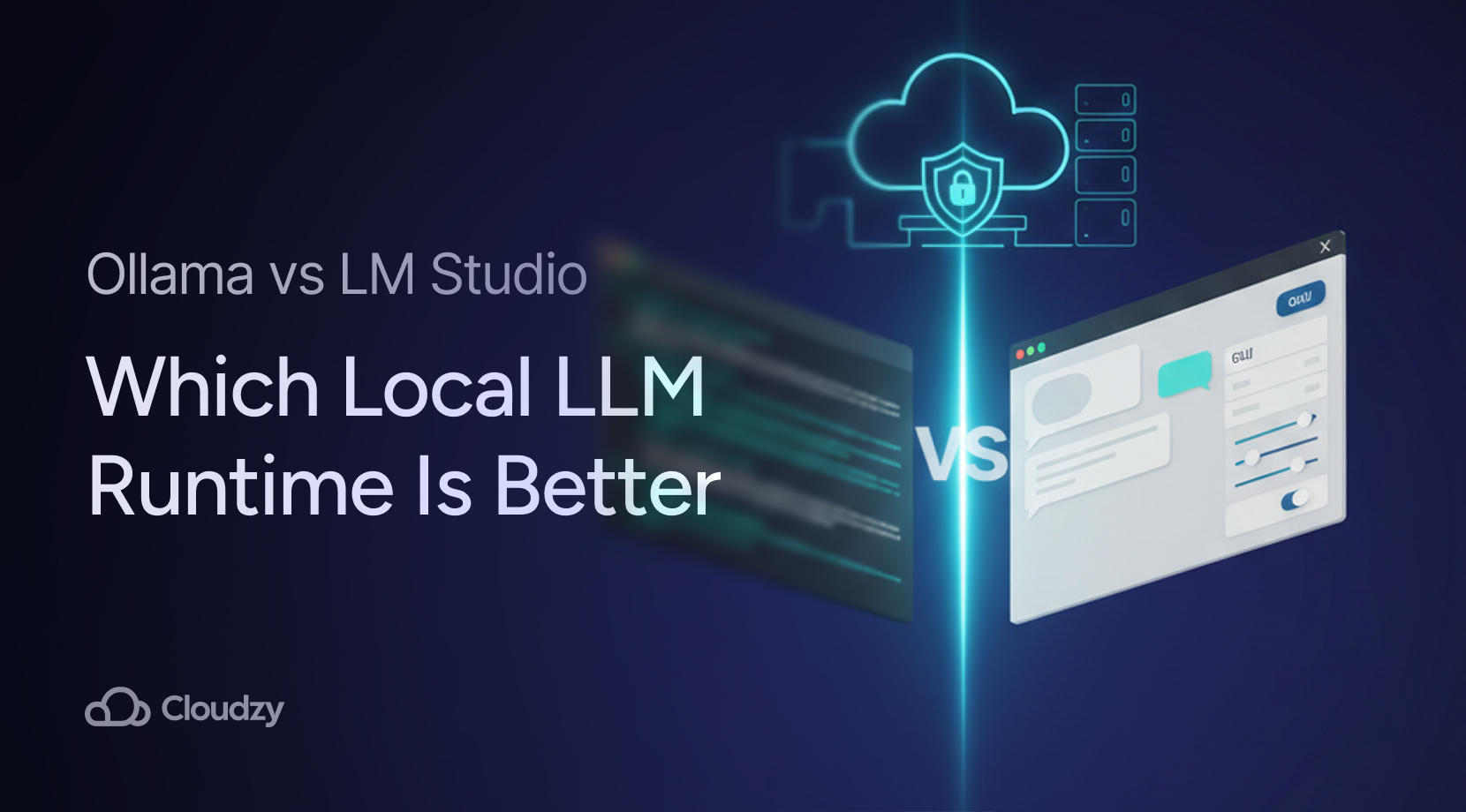When VPNs were first introduced to the world as secure virtual private networks, most people used them first and foremost for their security-related properties. However, as the years have gone by, Internet censorship across the world has soared to unprecedented heights. This led to VPNs (specially obfuscated VPNs) to be also used as tools for bypassing these restrictions, to the degree that a large percentage of VPN users nowadays hail from countries with severe internet restrictions, such as Cuba, Russia, China, and Iran.
This is not all; even in countries from the Western world, people use VPNs to circumvent geo-blocks and access certain sites that their governments deem harmful. According to a 2012 study by the Global Internet Society, 71% of users from around the world considered their free access to the internet to be the target of online censorship.
From the day VPNs began to be used in this way, they also became primary targets for blocking themselves. One of the most recent cases of such blocking has taken place in Iran, where amidst civil unrest, the government has moved to not only block access to much of the Internet but also deliberately target VPN services in order to prevent access through them. Events such as these have led the international IT community to strive towards the innovation of new methods to provide free access to the Internet. One of these methods is known as Obfuscated VPN, which is an enhancement of the VPN technology itself.
In this article, I will go over the root methods of blocking VPNs, how to bypass VPN blocks, as well as the definition and the best options of Obfuscated VPNs out there. Let’s get to it!
How Is Internet Censorship Imposed to Affect VPNs?
There are several different methods of how an entity can block a VPN from working. This phenomenon itself can be categorized into two distinct categories, the first being blocking the VPN itself and the second method blocking the VPN from accessing a certain online destination. The latter method is usually used by websites to block access to their websites from VPN users, who they consider as online threats. A good example of this is Netflix. In order to prevent the circumvention of geo-block by the online community, Netflix blocked VPN access to their website. They do this by blacklisting VPN IP addresses and ranges. Although this is effective at the surface level, there are advanced VPNs that can bypass it.
Also Read: How to Install WireGuard on Netflix VPS?
Governments, however, go to much more sophisticated lengths in order to block VPN operations. While Netflix is content to block IP addresses, Governments usually go after the ports of different VPN protocols such as IPsec, IKEV2, PPTP, and OpenVPN. This is usually done by implementing an industry-infrastructure-wide firewall at the ISP hardware level in order to shut down the VPN for good. This is not all, as they will complement this method via the previously mentioned basic IP address blocking as well as more advanced methods such as deep packet inspection, known short as DPI.
How to Bypass Internet Blockage
There are many different methods of actively bypassing Internet blockage. While VPNs are the most well-known and the most reliable solution to the issue, there are other credible options as well that can be utilized. This article is not going to go in-depth to cover these secondary methods, but I will mention them briefly here in order for you to know them at a surface level. If You want to know more about these methods as well as their unique properties, you can read my other article on how to bypass internet restrictions.
Apart from VPNs and their obfuscated variants which we will discuss at length in the upcoming parts of the article, you can use the Tor browser and its interwoven bridge network to bypass internet restrictions. SSH tunneling via a VPS server is also considered a reliable method. Using proxies is another method widely used to bypass internet censorship. However, this method is rather easily countered, but the reverse proxy method has recently come up, which we will go over in this article as well. Apart from these methods, DNS alteration is a really easy method requiring minimal effort; however, it can be countered quite easily. But when VPN blockage and censorship is imposed at the core level, none of these solutions really work, so we have no choice but to turn to Obfuscated VPN options.
What is VPN Obfuscation?
VPN obfuscation is the process of using an Obfuscated VPN server to successfully overcome the aforementioned firewalls that block access to different VPN options at the infrastructure level. But how does an obfuscated server work? An obfuscated VPN is deliberately designed with advanced encryption that makes the data packets that your internet connection uses in order to make the network work seem normal and unaffected by a VPN. In other words, the nature of VPN-influenced packets is significantly altered via methods such as scrambling to essentially mask the existence of a VPN on the network.
An obfuscated VPN provides greater capacities in bypassing online censorship and government tracking. It also prevents your ISP from snooping around and spying on your data. These obfuscated VPNs also remove the restrictions of strict internal networks, such as the ones found at workplaces, universities, libraries, etc., in order to allow you to use the network as an otherwise normal one. Despite their effectiveness, it is important to know that an obfuscated VPN cannot simply fix all the related issues caused by the aforementioned firewalls. So even when using an obfuscated server, there’s some tweaking and trial and error needed in order to make it work effectively.
Primary Methods of Obfuscated VPN Utilization
As I previously mentioned, there are different varieties of obfuscated VPN servers out there. The process of VPN obfuscation itself also varies from protocol to protocol. Although this variety of options may at first glance seem confusing, it is important to know as hard as obfuscated VPN options are trying to hide their tunneling algorithm, censorship governments are also trying just as hard to detect and block obfuscated VPNs. Therefore, this variety of choices is actually a blessing in disguise, as it will give you a chance to choose an alternative option should your first choice fail to break through the imposed restrictions. Here I will go over the most well-known and commonly used obfuscated VPN options in 2023.
1. Tor Bridge: Working Together for A Free Internet
In my previous article on bypassing internet restrictions, I mentioned the Tor browser as well as variants with added VPN and proxies. Tor is an open-source project, and that means, the servers along with their IP addresses and ports, are public. Any government or ISP looking to block your access to the Tor browser can easily block these public ports and IP ranges and shut down your access to Tor. However, Tor is a step ahead and has introduced its famous bridge technology that uses a peer-to-peer model to allow users to mask their usage of Tor.
These bridges are not publicly listed and run on a private peer-to-peer basis, making the process of finding their IP ranges and blocking them next to impossible. The current protocol that masks your Tor usage is known as Obfs4, and it is incredibly light on your bandwidth, saving traffic and speed in the process. It also uses a fully randomized packet handshake, making detection incredibly hard.
2. ShadowSocks Obfuscated Servers
Shadowsocks is a highly configured proxy server that has obfuscation protocols written into it as part of the base code. Shadowsocks runs on the famous SOCKS5 protocol that was introduced in 2012 by a Chinese programmer that has remained anonymous. Back then, this protocol managed to successfully breach the famous Chinese Great Firewall. This is a testament to the capabilities of SOCKS5 as a proxy protocol, as the Great Firewall of China is widely considered one of the most sophisticated and advanced censorship apparatuses in the world.
Shadowsocks obfuscation servers work by routing your data through a third hidden server, and although they often work as a tool to bypass VPN blocks, they do not provide the best speed or data protection. So it is advised to look for another option if speed is important to you or otherwise use SOCKS5 in conjunction with the AEAD cipher, which will encrypt your data.
3. OpenVPN Obfuscation: Scrambled/SSH
OpenVPN, both with regards to its advanced protocols and its reliable client, is another major VPN option, and it is one of the most popular protocols at that. Although in the past, blocking OpenVPN was a challenge, nowadays, it can be blocked by governments much like other credible protocols. To combat this issue, there are two primary methods to obfuscate OpenVPN. The first method is to tunnel to the destination VPN server through either SSL or TLS tunneling protocols. This is one of the methods that maintain the speed of the VPN despite the obfuscation.
The second method of OpenVPN obfuscation is to “scramble” the server. Also known as XOR obfuscation, this method uses a basic bitwise XOR cipher to mask the original algorithm and instead display a fake algorithm. While this method works at the surface level, it fails to breach the more advanced firewalls, but still, some people use OpenVPN on VPS, since it is a good option for weak firewalls. Other protocols also implemented this scrambling attitude too. Stealth VPN protocol is a specific implementation of it that masks VPN traffic as normal traffic.
4. Obfuscated VPN Hosting on VPS
If you are a fan of self-hosting your own VPN, but suddenly your non-obfuscated server has stopped working, don’t worry! Obfuscated VPN options can also be self-hosted, just like normal VPNs. The primary method of doing this is no different than self-hosting a normal VPN either. The primary prerequisites of doing so are a destination server (obfuscated) and a connection protocol. The process involves creating an obfuscated server either using Obfsproxy, OpenVPN that is obfuscated either via scrambling or SSH/TLS, or Shadowsocks using the SOCKS5 protocol. Once this protocol and obfuscated server is configured, all you have to do is to implement it on the host server and configure it, and subsequently you can access your own obfuscated VPN.
 Trusted for Stability
Trusted for Stability
Go for a Cloudzy Debian VPS and get a reliable, high-performance server with a super-stabel operating system optimized for functionality.
Get your Debain VPSAs for the choice of server, a VPS is arguably the best option here, since it has higher efficiency yield than a traditional server, and it is much more effective as a server than another computer of your own. If you want to self-host an obfuscated VPN either by OpenVPN scramble or by Shadowsocks, consider using a Cloudzy VPS package. In this regard, a cheap, easily implemented Linux VPS with minimal configurations is all it takes for you to easily host your own obfuscated server. Cloudzy offers more than 15 locations around the world with high security and high quality infrastructure, so no matter where you are you will have a server with good latency available to you.
 Linux Hosting Simplified
Linux Hosting Simplified
Want a better way to host your websites and web apps? Developing something new? Simply don’t like Windows? That’s why we have Linux VPS.
Get your Linux VPSPaid Obfuscated VPN Options
While the protocols and obfuscated VPN options that we introduced so far were all open-source and free for the user to tinker with and set up, the three options that I’ll go over in this section are preconfigured, paid options. Paid Obfuscated VPN options are great if you do not have the time or means of establishing your own obfuscated server. You can simply pay a small subscription fee to a reputable company and easily get your obfuscated VPN.
NordVPN
First of these is the world-class and famous NordVPN. NordVPN offers obfuscated VPN packages as part of its services, with some of the best configured and high-quality servers in the VPN industry. The servers use a variety of high-yield protocols, so you will no doubt be able to use at least one of the options to successfully bypass the VPN block without much difficulty.
ExpressVPN
ExpressVPN is another great paid option for obfuscated VPN use. It provides nearly everything that makes NordVPN a great option but for a cheaper, more economic-oriented audience. A really cool feature of the ExpressVPN obfuscated VPN is the fact that you can use an obfuscated server to easily establish a P2P connection for torrenting and other direct user-to-user use cases.
Surfshark
Surfshark is a relatively new Obfuscated VPN option, and it is not that well-known compared to industry behemoths such as NordVPN and ExpressVPN. What it lacks in pedigree and market experience, it makes up for incredibly low prices for both normal VPN packages, as well as obfuscated servers. One of the most incredible features of SurfsharkVPN is the fact that once purchased, it offers an infinite number of active connections for your account, whereas, on ExpressVPN and NordVPN, you are limited to just 5.
Reverse Proxy: The Third Way
Reverse proxies are not technically VPNs, and although ShadowSocks and Tor are not either, since they are part of the obfuscation debate and dialogue, I decided to put the latter two options in the above category. However, Reverse proxies, in my opinion, deserve their own section. While a standard proxy server is used as an intermediary server that will send and receive your data requests and answers (known as a forward proxy), a reverse proxy instead uses the server as a front for your web server rather than being an intermediary force.
Due to this specific operational method, reverse proxies manage to avoid ordinary proxy detection setups and can easily help you bypass VPN blocks and proxy blocks alike. In my post about installing Wireguard VPN on VPS, I have gone into the details of what a reverse proxy is as well as how to set up one using Nginx. You can use the guide in order to establish a reverse proxy of your own and protect yourself from online attacks, cache your content to get better speed performance and stability, as well to get load balancing. As you can see, reverse proxy not only works to bypass internet restrictions but also has a lot of added benefits.
Conclusion
In conclusion, there are a lot of reliable obfuscated VPN options for you to try and bypass the VPN block by. While options such as Surfshark, NordVPN, and ExpressVPN will get you to your obfuscated server sooner, they can cost money. So, an alternative approach would be to use the first three methods of today’s list on a server in order to self-host an obfuscated VPN. For this purpose, a VPS is highly desirable, as you can configure your server in no time and choose your own setup and location for very low prices.
Cloudzy offers highly versatile VPS packages with more than 15 locations that allow you to choose your own location with incredibly low latency and default anti-DDoS protection measures. You can use a really cheap option, like Linux VPS, to establish your own obfuscated OpenVPN server, as well as Shadowsocks servers. You can also use it to make a reverse proxy using Wireguard.
FAQ
Is Obfuscated VPN Slower than Normal VPN?
Not necessarily. The effects of the process of obfuscation are not documented exactly, and it varies from server to server. Therefore a universal answer does not exist. With that said, obfuscation can lead to slower VPN in many cases.
Is an Obfuscated VPN Less Safe than a Normal VPN?
This question also does not have a reliable answer. While some Obfuscated VPNs sacrifice their encryption protocol in order to not be detected by firewalls, many other options do not, and therefore stay safe for the user.
What is the Most Reliable Obfuscated VPN?
I would say that overall, if you are not planning to purchase obfuscated VPN packages from preconfigured and established providers like NordVPN, ExpressVPN, or Surfshrak, then your best bet would be to use TLS or SSL tunnel on OpenVPN to perform OpenVPN obfuscation.
Which VPN has Obfuscated Servers?
Apart from paid options such as ExpressVPN, Surf Shark and NordVPN, hands-on options that you will have to configure personally are OpenVPN, Obfsproxy, and Shadowsocks.
Should I Use an Obfuscated VPN?
This highly depends on your situation. If your government has blocked access to the free internet and VPNs alike, then you have little choice. However if VPNs are just a means for added security, then use normal VPNs, since they often offer better speed.
What is Obfs4?
Obfs4 is the name of Tor protocol that allows you to use their Tor bridge service without the process being detected by ISP firewalls and other intrusive tools. With Obfs4, you can use Obfsproxy and Tor bridges without detection, which in effect works as an obfuscated VPN.





